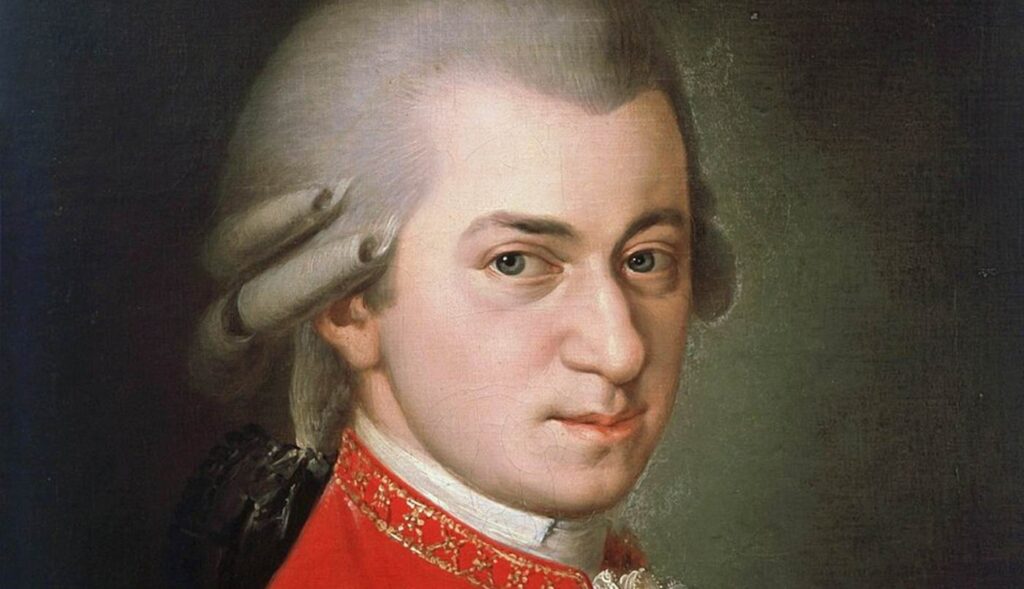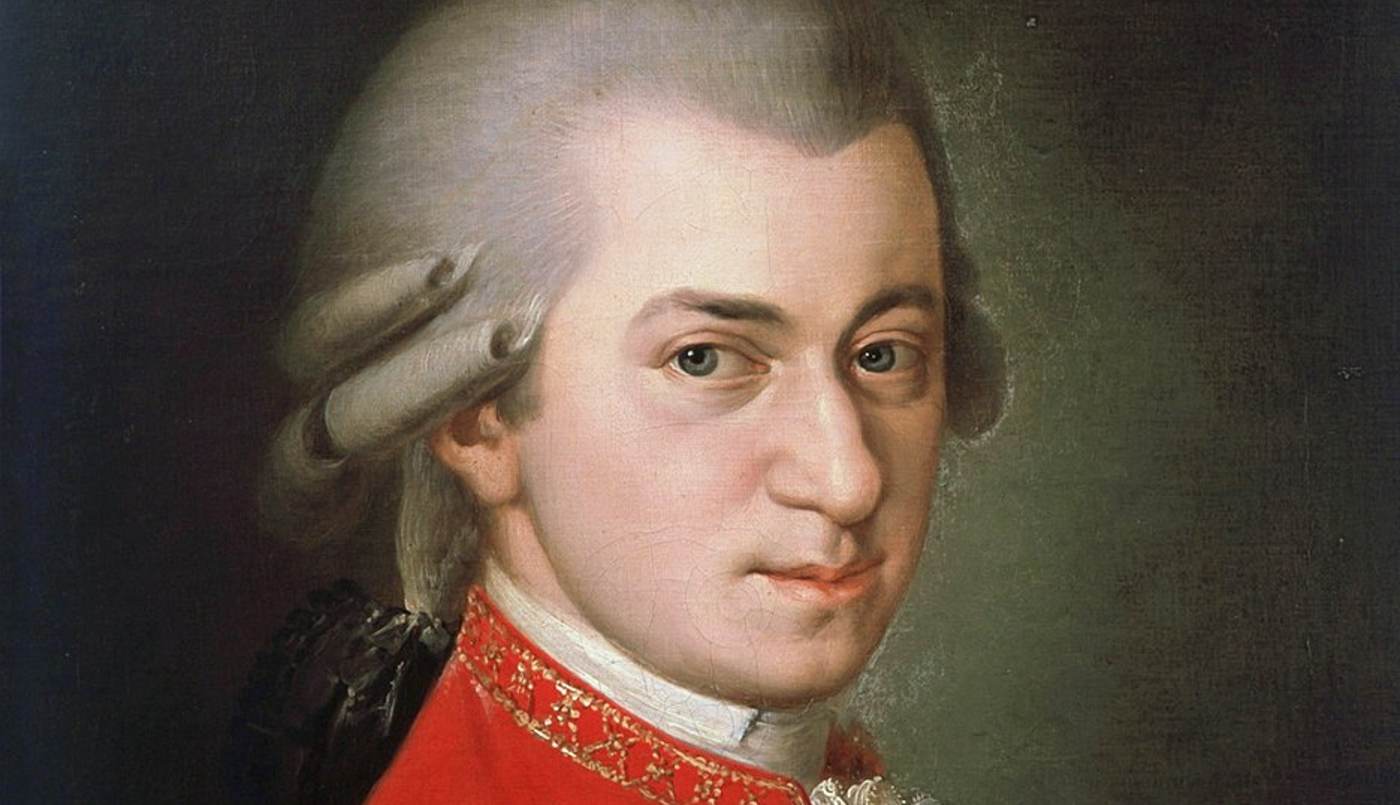
Imagine if you were flipping through records at a store and discovered an unreleased single from Jimi Hendrix or Freddie Mercury.
That’s what archivists must have felt when they held up 200-year-old sheet music for a composition about 12 minutes long.
They realized that Wolfgang Amadeus Mozart was about to drop a new track, more than 200 years after his death.
Researchers at Leipzig Municipal Library were revising the Köchel catalogue, a physical, chronology of his compositions when they pulled out one from the 1760s—when the child prodigy was a pre-teen.
Entitled Serenate ex C. and given the shorthand name “Ganz kleine Nachtmusik,” the piece was composed for a string trio and contains 7 separate movements. The name on the music sheets is Wolfgang Mozart. He didn’t start including his middle name until he was 19.
“We are convinced that we can now present a completely unknown, charming piece by the young Mozart,” Ulrich Leisinger, head of research at the Mozarteum Foundation, told the German Press Agency in advance of the opening night.
ALSO CHECK OUT: Lost Rembrandt Found Tucked Away Inside an Attic in Maine Sells for $1.4 Million in Bidding War
The first modern performance of it took place last week at the composer’s birthplace in Salzburg, Austria, and was carried out by students from the Johann Sebastian Bach School of Music. A line stretched half a kilometer across the Augustusplatz of people waiting to for something that any one of them would surely have admitted they never thought could happen—hearing a new Mozart piece.
Classical FM wrote that certain aspects of the piece seem to suggest it was written to be performed outdoors, as several sharp, staccato intros were probably there to grab the attention of promenading well-to-doers.
MORE STORIES LIKE THIS: Original US Constitution Found in a Cabinet While Family Was Moving After 7 Generations–Now at Auction
In attempting to communicate the style of Mozart to modern readers, several news outlets described his compositions as beloved for their simplicity, symmetry, and balance. He wrote over 600 in his lifetime before dying young.
WATCH the performance below…
SHARE This Once-In-A-Lifetime Discovery With Your Friends Who Listen To Classical Radio…




















